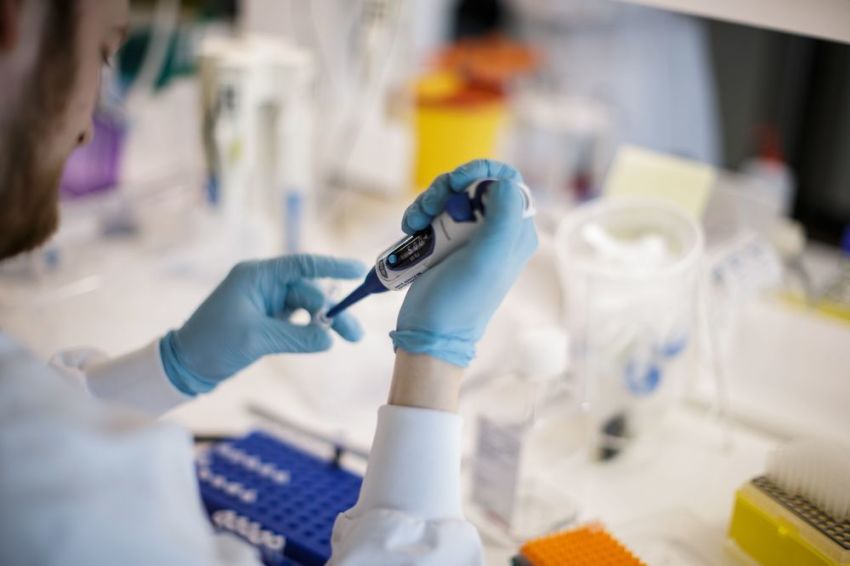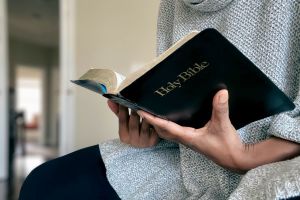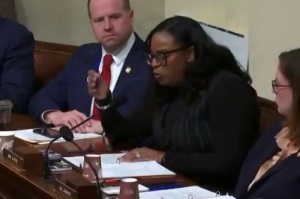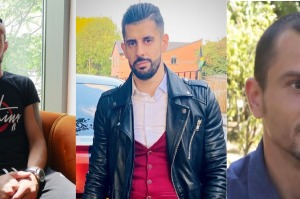Fewer US adults now willing to take COVID-19 vaccine amid concerns over safety: poll

The percentage of U.S. adults who say they would definitely or probably get a COVID-19 vaccine has significantly declined over the last few months amid concerns about the vaccine's safety, according to a new Pew Research Center survey.
The national survey conducted Sept. 8 through Sept. 13 among 10,093 adults in the United States with a margin of error of plus or minus 1.6 percentage points shows growing concern about the safety of any likely vaccine across all major political and demographic groups.
As the race to develop an effective vaccine for the virus that has killed nearly 200,000 people in the U.S. and nearly 1 million people globally continues, the new Pew data shows that only 51% of respondents say they would “definitely” or “probably” get a vaccine to prevent COVID-19 if it were available.
Meanwhile, 49% say they would definitely or probably “not get the vaccine.”
When asked in May, 72% of respondents said they would definitely or probably get a vaccine and 27% said they definitely or probably would not get the vaccine.
“There are widespread public concerns about aspects of the vaccine development process,” Pew Researchers Alec Tyson, Courtney Johnson and Cary Funk wrote last Thursday. “On the heels of a pledge from nine pharmaceutical companies to ensure that a potential vaccine would meet rigorous standards, the Center survey finds three-quarters of Americans (77%) think it’s very or somewhat likely a COVID-19 vaccine will be approved in the United States before its safety and effectiveness are fully understood.”
According to the researchers, 78% of respondents fear that the pace of the vaccine approval process will move too fast “without fully establishing safety and effectiveness.” About 20% were concerned the process will move too slow and there will be unnecessary delays.
Some 58% of respondents who identified as Democrat or leaned towards the Democratic Party said they would take the vaccine compared to 44% of Republican or Republican-leaning respondents.
There were also different levels of faith in the potential vaccine according to race. But among all racial demographics, there was a considerable drop in the percentage who said they would get vaccinated.
This month, nearly three-quarters of Asian Americans (72%) said they would definitely or probably get a COVID-19 vaccine. Hispanics ranked second with 56% and were followed by white adults at 52%.
Only 32% of black adults said they were leaning towards taking the vaccine, reflecting a culture of vaccine hesitancy among this group.
In May, 91% of Asian Americans, 74% of Hispanics and white Americans as well as 54% of black Americans said they would definitely or probably get the vaccine if it were available.
Connecticut Gov. Ned Lamont was recently skewered by religious and political leaders in his state for suggesting that black churches should lead in support of a coronavirus vaccine.
“We are not guinea pigs. This will not be another Tuskegee [Syphilis Study] and we are not going to allow it,” civil rights attorney Tricia Lindsay said at a Sept. 11 press conference in response to Lamont’s suggestion.
“Ned Lamont is being called to the carpet and anyone else, any other legislator that is on this bandwagon, let him and his family take the vaccine first. Let Bill Gates and his family take the vaccine first. Let the legislators take the vaccine first. We don’t need it. We’re OK.”
The historic relationship between the medical industry and the black community involves what many have come to know as the Tuskegee trial.
From 1932 through 1972, the U.S. Public Health Service conducted a study of the effects of untreated syphilis in black men in Macon County, Alabama.
Some men in the study were offered free medical care and burials, but not penicillin, which became the recommended drug for the treatment of syphilis in the 1940s.
At the recently held National Medical Association's virtual annual convention, past and present U.S. surgeons general said during a panel moderated by current Surgeon General Jerome Adams that vaccine hesitancy in the black community could worsen the disproportionate impact of COVID-19, Medpage Today reported.
Latinos and non-Hispanic black individuals are hospitalized for COVID-19 at a rate that is 4.7 times higher than the rate of non-Hispanic white people, according to the Centers for Disease Control and Prevention.



























